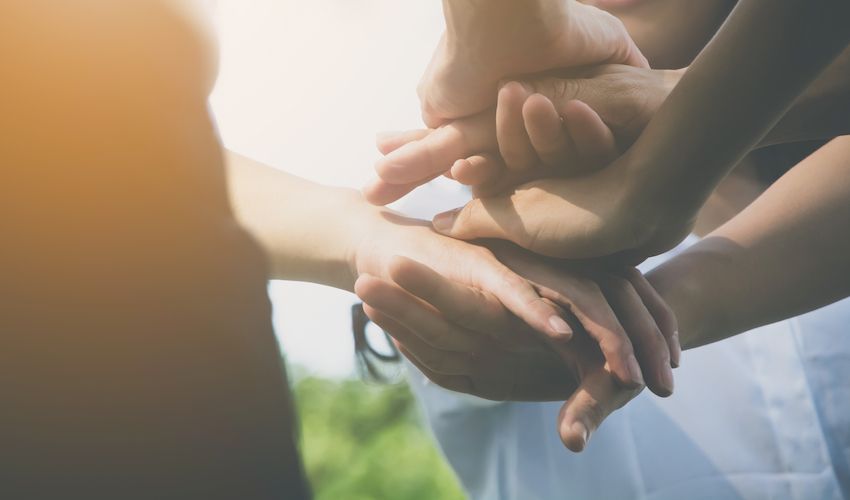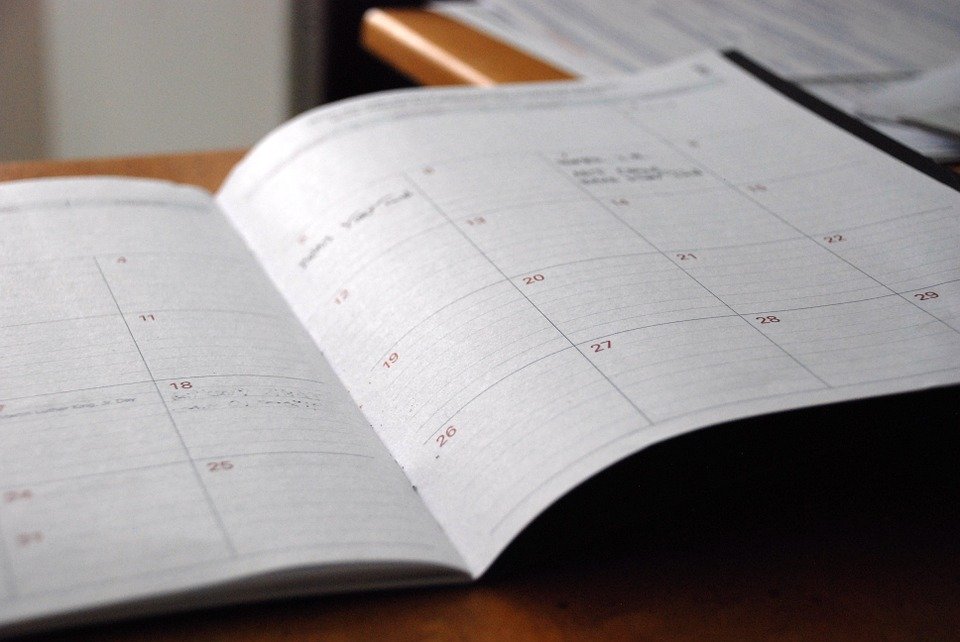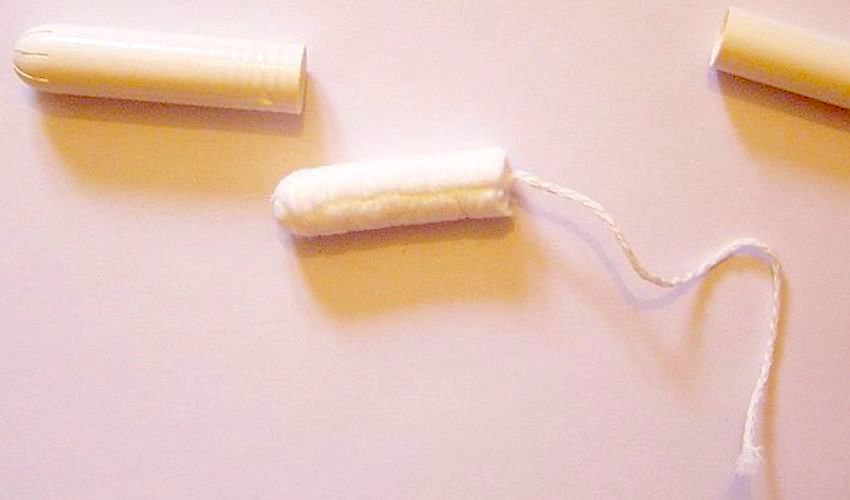


A 26-year-old islander has opened up about the struggles of living with endometriosis, as she launches a new group aiming to provide support and smash the taboo around the women’s health condition.
Endometriosis is an often painful and long-term condition where tissue that normally lines the womb starts growing in other places, for which there is no cure. It can affect any woman at any age and continues throughout a woman’s life until menopause.
Kate Smaller, founder of ‘Endometriosis Jersey’, was diagnosed at the age of 19 after undergoing laparoscopy – a ‘keyhole’ procedure during which a small tube is inserted into the abdomen to see patches of endometriosis tissue.
It is the only way for a woman to be formally diagnosed with the condition.
The diagnosis came after five years of heavy bleeding and painful cramps, which led her to spend a lot of time in hospital. Some have likened the pain felt during endometriosis flare-ups to what a woman in labour will experience.
“At first it is cramping pain, like period cramping pain,” Kate explained. “Then I get very cold flushes and I get a little bit shaky - that’s where you realise something is not quite right and I would normally dose myself up with painkillers.
“Then my body goes into shock - I cannot move my limbs, I have to go lie on the floor. I don’t remember what happens, I very rarely remember an episode.
“They last for a couple of hours and after I am drained. I am a very, very tired woman, who cannot function very well and I need food, water, a bed and a hot water bottle.”

Pictured: The group founder had her first flare-up at the age of 14.
“The first flare-up happened as I was just about to take my GCSEs,” she recalled. “I was crippled in pain. I was at school in the bathroom, I thought I was going to die. You don’t know what you are doing; you have no idea what is going on and no one is aware of any of this.”
Because a laparoscopy is an intrusive procedure, the group founder explained that doctors will normally refuse to carry it out on a young girl, meaning that for a period of time in a girl’s life “there is nothing a doctor can do”.
“It’s hard to get diagnosed and then it’s a whole different ball game because you have to face the fact there is no cure, so you have to get comfortable with the idea of having this until you have your menopause,” Kate said.
Endometriosis, she explains, has impacted every single aspect of her life - from her teenage years when she would have loved nothing more than attend all the social events to her time at uni when the frequent flare-ups prevented her from forming relationships with new people or attending lectures.
It also affects her romantic relationships as, like many other women who suffer from endometriosis, she finds sex painful.

Pictured: “We do not plan it in our calendar, it can strike at any times."
“It’s a condition that impacts every single plan. Every choice that you make, endo will get its way in there and say, ‘Not today.' It will find a way to mess you around.
“We do not plan it in our calendar, it can strike at any time. You can be on holiday, in your most relaxed state, and still have a flare-up."
In addition to the painful symptoms of the condition, Kate has also had to deal with the lack of understanding from her friends and society as a whole, despite endometriosis affecting one in 10 women.
“When you are trying to explain to friends, ‘I cannot meet up,’ because you had another flare-up, friends are the first judge because they do not know, they have never heard of it. 'Why would they bother to look it up?'” she explained.
“You see so much prejudice through the journey because no one knows what is going on, people will just say, ‘Oh, she's just on her time of the month.'
“There so much taboo around the condition - much like depression was taboo - and now it’s getting better, more people are talking about it and that’s what helps the most.”

Pictured: "Why cannot society talk about something that happens so often?"
In the absence of a community where local women suffering from the condition could come together and support each other, the young woman decided to create a page on Facebook to raise awareness of endometriosis. Kate has also created a closed group where islanders can share their personal experiences, as well as the ways they have been able to manage their symptoms.
So far, she says, the response has been “beyond amazing”.
“People are sharing the group with other people,” she said. “It’s quite disheartening when you feel you are the only one suffering from this.
“I would have loved support from the age of 18 to be able to talk to other women who had endo and draw on their life’s experiences.
“I have lots of plans I want to see come to life but the most important is to create a support network for women in Jersey because it’s what I want for myself. I want to be able to go to a support group and talk about what I am going through.
“I need people to be able to come forward so that I can reach out and share different resources. It’s a completely crippling condition and there has to be a way to support women within the workplace, life and relationships.”
By raising awareness about the condition, the page founder hopes women who might be suffering in silence will be able to understand the pain is not normal and that they should not feel this way.
“I do not want any women that feel that if they are getting any of these symptoms and having to hold their head between their legs because their do not know what the pain is, it’s not normal. You have got to get to your doctor!”
Through the forum, the young woman also hopes to break the taboo around endometriosis, but also around “the scary woman stuff” - aka periods.
“Every single woman who has female organs will experience periods,” Kate said.
“Why can't society talk about something that happens so often? We should just be accepting that it’s nature and women would be in a better position to talk about what is going on.
“There is no reason that women cannot say, ‘I am on my period; I am going to work from home. I want to get the work done and I can get it done, but I am going to do it in loose clothing with a hot water bottle.’
“We now know that there’s no excuse for employers not to grant this if the job allows it. The corona virus has opened up the fact that this can get granted.”
Comments
Comments on this story express the views of the commentator only, not Bailiwick Publishing. We are unable to guarantee the accuracy of any of those comments.